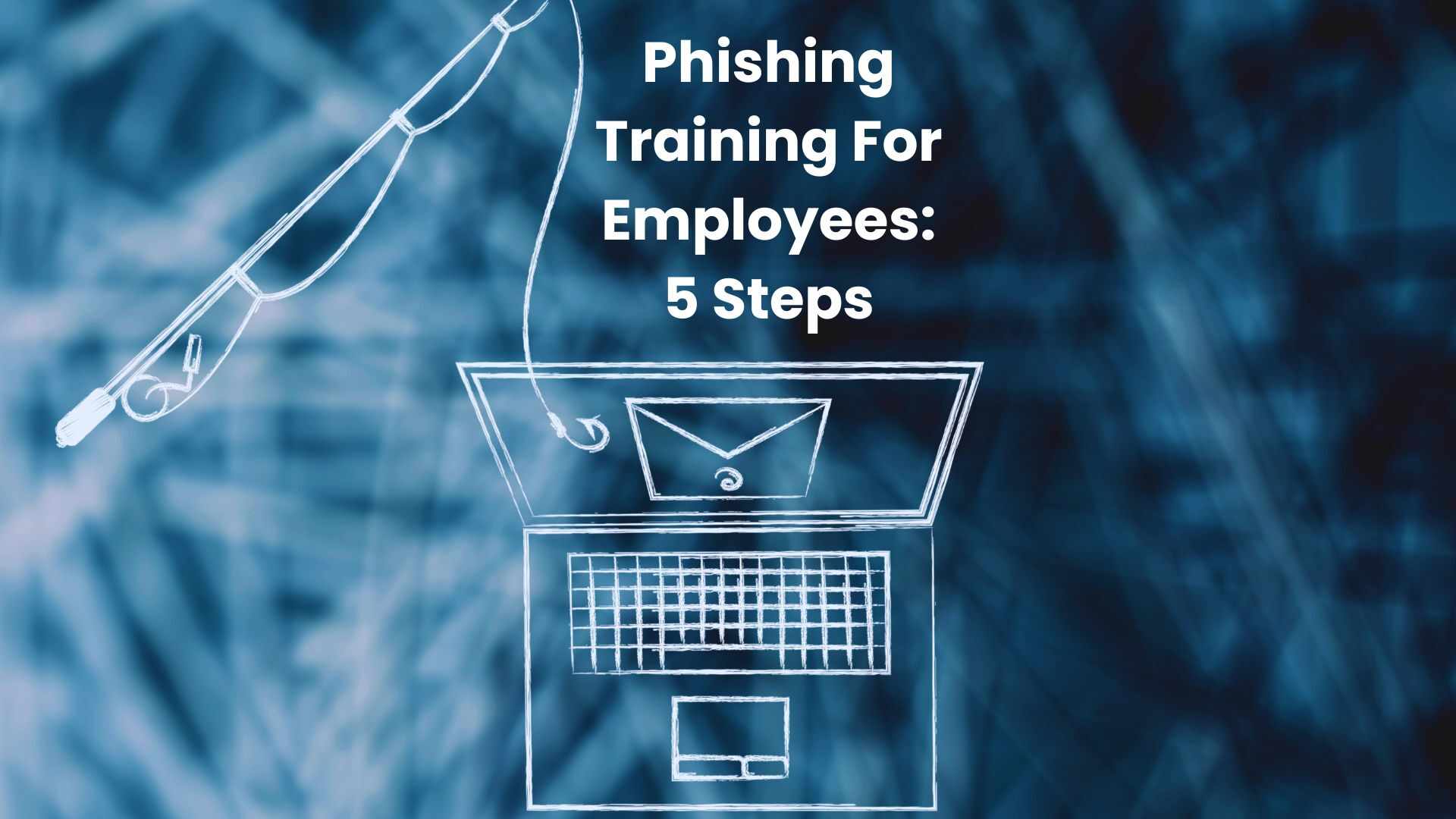Custom Cybersecurity Solutions
to Match Your Needs
Our experts act as an extension to your team to make cybersecurity simple and secure so you can future-proof your information security program
Streamline Compliance
Have a dedicated security resource unique to your business with a vCISO
Evaluate Your Security
Test the robustness of your infosec program and get compliance ready

Rhymetec will develop and manage an internal information security and data privacy program, providing executive-level security leadership through one of our vCISOs.

Identify security vulnerabilities and test the robustness of your information security program through a systematic testing process.

Evaluate your organization’s information security policies and processes to determine your level of compliance with ISO 27001, 27017, 27018 and 9001.

Looking to achieve or maintain compliance standards? Reduce the complexities of your compliance journey and accomplish your goals in a much shorter timeframe.

Help your employees develop the skills and knowledge needed to spot and avoid phishing attempts and protect personal and company data with simulated phishing exercises.

Our security experts will run vulnerability scans to identify issues and maintain PCI Compliance as documented in PCI DSS Requirements 11.2.2.


Case Studies
Businesses of all sizes rely on our services. View More >
A Year of Notable Growth Backed by Compliance
A challenge facing any company, regardless of size or maturity, is the ability to manage your workforce in times of rapid growth. When it comes to decision makers and executives, proper oversight of your people is necessary to maintain sustainable growth. How can you reduce attrition and hire faster, all while accomplishing your business goals?
How CXO Nexus is Setting the Standard for Security With Fortune 500 and Enterprise Companies
CXO Nexus engaged Rhymetec for Penetration Testing to support its need to provide necessary proof to its customers, many of them in the financial services and healthcare industries, of a safe and secure environment, and to fulfill a requirement to maintain its SOC 2 Type II certification. Working with enterprise businesses and fortune 500 companies, a robust information security program is a critical expectation—conducting a penetration test solidifies their security standards and allows clients to feel confident in working with CXO Nexus’ platforms.
Flexible Solutions Keeping Pace with Rapid Growth
Orum’s AI-powered platform seamlessly integrates with an organization’s CRM to update outbound tasks based on call outcomes. This increases a teams’ efficiency, giving them more time for prospecting, coaching, and mastering their craft. Orum has also taken security and compliance seriously since day one, ensuring that all client data is protected according to industry regulations and standards.
How Solvvy scales and secures with Rhymetec and Vanta
Solvvy is a next-gen chatbot platform founded with the mission to reduce the level of human effort within the support industry—reinventing the customer experience for a more valuable and satisfying support environment. Solvvy serves between the end user and their client’s support team. They help answer any questions that the end users may have, reducing the dependency on human intervention.
Testimonials
What Our Clients Are Saying About Us
About Us
We help you move your business forward
Our mission is to reduce the complexities of cloud security and make cutting-edge cybersecurity services available to businesses of all sizes and maturity, so you can focus more on other critical aspects of your business. We pride ourselves on being disruptors in the cybersecurity consulting space. We not only consult you on how you can meet your security goals, but we provide the services to help you get there too.



Have A Question?
We Can Help You
We are leaders and innovators in cloud security, providing customized cybersecurity, compliance and data privacy solutions that are unique to your business based on your industry, needs and goals. We not only consult, but act on our own advice to provide the necessary services to help you establish, improve or maintain a strong security posture—most cybersecurity organizations offer one or the other.
We act as a one-stop solution provider to fulfill all compliance, cybersecurity and data privacy needs so you don’t have to worry about connecting the dots with a number of contractors and auditors. Our single services include Penetration Testing, Phishing and PCI Scans, and ISO Internal Audits. For a more in-depth solution and compliance readiness, our vCISO service provides a dedicated security resource to your team that would help implement and manage an effective and compliant information security program.
Yes! Our goal is to get you compliant in a much shorter time frame (months, not years). Not only will we help you implement and manage the necessary standards to meet compliance frameworks, but we will also provide support in maintaining these standards so you have security programs that scale with your growing infrastructure.
There are a variety of factors that go into our pricing including company size, scope of work, complexity of cloud infrastructure and more. Our team can provide timely and accurate estimates by understanding your needs through a quick discovery call.
Featured Content
Browse Helpful Resources
Managed Compliance: An Updated Approach For The Cyber Regulatory World
The array of compliance requirements being propagated by both government and private sector entities is dizzying. Managed compliance is an approach many modern businesses are…
Meet the Team: Memori Hill
Meet Memori! Hello, I’m Memori Hill. I was born and raised in Washington, D.C. I have experienced various different teaching styles throughout my childhood. For…
Phishing Training For Employees: 5 Steps To Success
Why is it that cyberattacks are so hard to stop? Why do organizations need to continually invest in security? And why are measures like phishing…

Life at Rhymetec
Disrupting the Cloud Security Space
In everything we do, we’re always looking towards the future. We want employees to enjoy what they do daily, and offer competitive benefits to achieve the most productive work environments for all. At Rhymetec you are more than just a number—you are part of a team that’s working to build towards the future of cloud-security, protecting businesses and consumers globally.
About Our Partners
Through our industry partners, we are able to provide our clients with cutting-edge technology that supports various aspects of their cloud-based infrastructures.
Become A Partner























